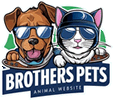State Veterinarian Introduce
For residents of Vermont, the well-being of our animal populations, whether they are cherished household pets, vital livestock, or wild species, plays a crucial role in our way of life and economy. When we talk about "veterinary care" in a broad sense in Vermont, it extends beyond individual clinics to the vital work done at a state level. The State Veterinarian, operating within the Vermont Agency of Agriculture, Food and Markets, is a pivotal entity responsible for safeguarding animal health across the entire state. This article will shed light on the comprehensive responsibilities and services provided by the Vermont State Veterinarian, helping local Vermonters understand how this office contributes to the health and safety of both animals and people.
Unlike a typical private veterinary clinic that focuses on individual patient care, the State Veterinarian's office takes a broader, public health approach. Their work is essential for preventing the spread of animal diseases, ensuring the safety of our food supply, and regulating various aspects of animal movement and commerce within Vermont. For any Vermonter concerned about animal welfare, disease outbreaks, or the health regulations affecting their animals, understanding the functions of this crucial state office is incredibly important. Let's delve into the specific roles and contributions of the Vermont State Veterinarian's office, a vital part of our state's animal health infrastructure.
The office of the Vermont State Veterinarian is housed within the Vermont Agency of Agriculture, Food and Markets. Their main office is conveniently located at 116 State St, Montpelier, VT 05620, USA. This central location in Montpelier, directly across the street from the historic State House, makes it a prominent and identifiable point of contact for individuals and organizations across Vermont.
Montpelier, as the state capital, is accessible from various parts of Vermont. For those driving, the office's position on State Street means it's generally easy to locate. While visitors are welcome, it's typically on an appointment basis, and it's advisable to plan to arrive about ten minutes prior to a scheduled meeting to account for security procedures. This central and well-known location ensures that the State Veterinarian's office remains a vital and reachable hub for all matters pertaining to animal health regulations, disease reporting, and public inquiries throughout the state of Vermont.
The Vermont State Veterinarian, as part of the Animal Health Section of the Vermont Agency of Agriculture, Food and Markets, does not provide direct clinical care for individual pets like a private practice. Instead, their services are regulatory, preventative, and public-health focused, aimed at protecting the health and welfare of all animals (livestock, poultry, and companion animals) and, by extension, Vermonters. Their responsibilities are broad and critical for maintaining a safe and healthy environment.
- Disease Surveillance and Control: A primary function is to monitor, prevent, and control the introduction and spread of foreign and domestic animal diseases within Vermont. This includes diseases reportable under state and federal regulations, such as Highly Pathogenic Avian Influenza (HPAI), African Swine Fever, Rabies, Equine Infectious Anemia (EIA), Brucellosis, and Tuberculosis.
- Emergency Preparedness and Response: Working closely with federal agencies (like USDA APHIS) and private veterinarians, the office plays a key role in emergency planning and response for animal disease outbreaks, including maintaining current emergency contact information for producers.
- Importation and Movement Regulations: Overseeing and enforcing rules for the movement of livestock, poultry, and companion animals into and within Vermont. This includes issuing import permits (required for most livestock and poultry), ensuring animals meet health certificate requirements, and monitoring identification.
- Health Certificate Verification: Working with accredited veterinarians on electronic Certificates of Veterinary Inspection (eCVIs) to track animal health and movement, reducing human error.
- Rabies Control Program: Administering and overseeing Vermont's rabies vaccination rules and recommendations, including coordinating with private veterinarians for rabies clinics and managing rabies reporting.
- Livestock and Poultry Programs: Providing information and oversight on disease prevention, biosecurity practices, and drug residue avoidance for commercial and backyard livestock and poultry operations. This includes testing at poultry commingling events and ensuring compliance with federal programs like the National Poultry Improvement Plan (NPIP).
- Animal Welfare Oversight: While not direct animal cruelty investigators, they enforce regulations pertaining to the humane treatment of animals, especially in commercial settings like pet shops, livestock dealers, and during transportation. They also work with humane officers.
- Veterinarian and Technician Support: Partnering with private accredited veterinarians on various initiatives, including disease testing, prevention, accreditation, and providing resources like electronic health certificates and information on reportable diseases. They also oversee the licensing of pet shops and livestock dealers.
- Diagnostic Lab Coordination: Collaborating with the Agency's Animal Health Lab (located in Burlington) to meet diagnostic needs for Vermont veterinarians, offering serologic testing for various infectious diseases in livestock.
- Public Education and Outreach: Providing technical assistance and outreach to producers, processors, and consumers on appropriate animal agricultural practices, animal health issues, and compliance with best practices and regulations.
- Monitoring Zoonotic Diseases: Working collaboratively with the Vermont Department of Health to monitor and report animal diseases that can transmit to humans (zoonotic diseases) to protect public health.
The Vermont State Veterinarian's office, though distinct from a local clinic, offers critical features and highlights that underscore its indispensable role in the state's animal health infrastructure and overall public well-being:
- State-Level Authority and Oversight: As the primary governmental body for animal health, the State Veterinarian holds statutory authority to protect Vermont's livestock herds and poultry flocks, and regulate the health aspects of companion animals. This centralized authority ensures consistent and comprehensive animal health policies.
- Public Health Protection: A key highlight is its direct contribution to public health by controlling zoonotic diseases (diseases transmissible from animals to humans) and ensuring a safe food supply derived from healthy livestock.
- Disease Prevention and Emergency Response Expertise: The office is at the forefront of preventing disease outbreaks and, when they occur, coordinating rapid and effective responses, working closely with federal and private veterinary partners. This proactive approach is vital for the state's agricultural economy and animal populations.
- Regulatory and Licensing Body: It serves as a crucial regulatory body, overseeing permits for animal movement, licensing for pet shops and livestock dealers, and registering certified euthanasia technicians. This ensures professional standards and humane practices are upheld across various animal-related industries.
- Support for Private Veterinarians: The State Veterinarian’s office provides essential resources and guidance to private accredited veterinarians, facilitating disease reporting, import/export procedures, and access to diagnostic testing through the Animal Health Lab. This collaborative approach strengthens the entire veterinary network in Vermont.
- Centralized Information Hub: It acts as a primary source for official animal health information, including regulations, disease alerts, and best practices for animal care and biosecurity, making it an invaluable resource for producers, pet owners, and other stakeholders.
- Commitment to Animal Welfare: While its primary focus is disease control, the office's involvement in setting and enforcing humane treatment standards for livestock and in regulated industries demonstrates a foundational commitment to animal welfare across the state.
For residents of Vermont who need to report a disease, inquire about animal health regulations, or seek information regarding livestock or companion animal movement, the office of the Vermont State Veterinarian can be contacted directly:
Address: 116 State St, Montpelier, VT 05620, USA
Phone: (802) 828-2421
Mobile Phone: +1 802-828-2421
It is important to note that this office primarily handles regulatory, public health, and disease control matters, and generally does not provide direct clinical care for individual pets. For personal pet medical emergencies or routine care, you should contact a local private veterinary clinic.
For Vermonters, understanding the role of the State Veterinarian's office is essential because it is a critical guardian of animal health and public safety throughout our beloved state. While not a typical "vet clinic" in the traditional sense, this office performs an indispensable function that benefits every pet owner, farmer, and citizen. Its work in disease surveillance, emergency preparedness, and the enforcement of humane regulations directly impacts the health of our livestock, poultry, and companion animals, thereby safeguarding our food supply and preventing the spread of zoonotic diseases to humans.
The presence of a dedicated State Veterinarian and Animal Health Section ensures that Vermont remains proactive in addressing animal health challenges, from managing import requirements to responding swiftly to potential outbreaks. Their collaboration with private veterinarians across the state further strengthens the entire animal healthcare ecosystem, providing a robust network of support. For any Vermonter with an animal, whether a beloved companion or part of an agricultural operation, knowing that there's a central authority working tirelessly to maintain high standards of animal health and welfare provides immense peace of mind. The Vermont State Veterinarian's office is a testament to our state's commitment to protecting its unique natural environment and the animals that thrive within it, making it an implicitly suitable and crucial entity for all local residents.
State Veterinarian Details
Accessibility
- Wheelchair accessible parking lot
Planning
- Appointments recommended
State Veterinarian Photos
State Veterinarian Location
State Veterinarian
116 State St, Montpelier, VT 05620, USA
State Veterinarian Reviews
More Vet Near Me
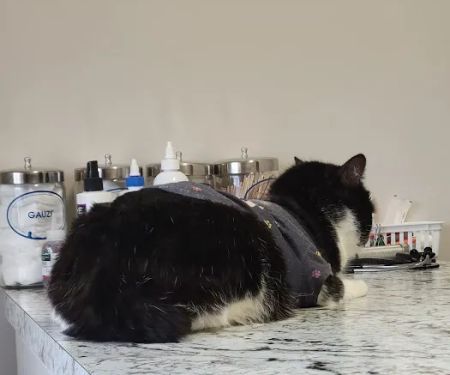 Montpelier Veterinary Hospital4.0 (219 reviews)
Montpelier Veterinary Hospital4.0 (219 reviews)403 Barre St, Montpelier, VT 05602, USA
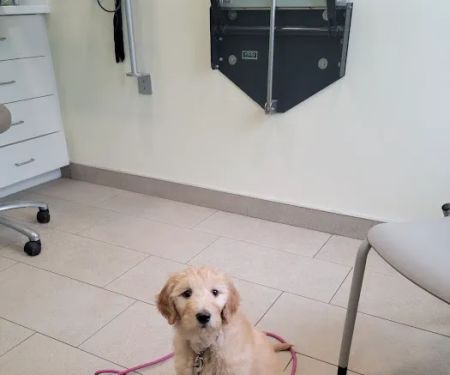 Onion River Animal Hospital4.0 (734 reviews)
Onion River Animal Hospital4.0 (734 reviews)2386 Airport Rd, Berlin, VT 05641, USA
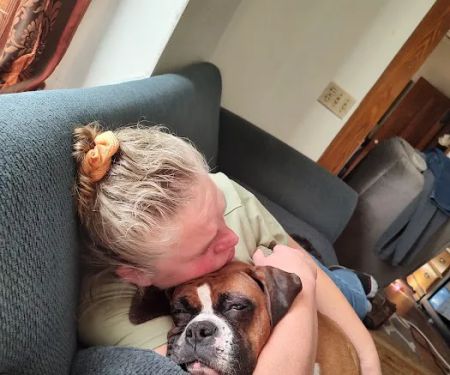 Bear Swamp Veterinary Services4.0 (84 reviews)
Bear Swamp Veterinary Services4.0 (84 reviews)107 E Bear Swamp Rd, Middlesex, VT 05602, USA
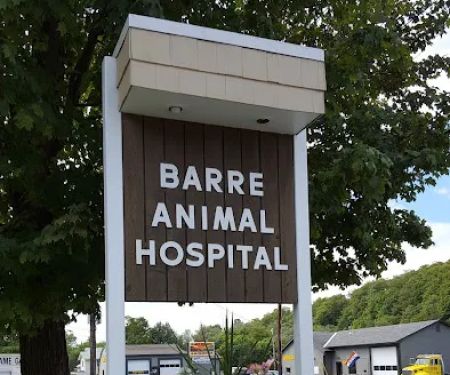 Barre Animal Hospital4.0 (73 reviews)
Barre Animal Hospital4.0 (73 reviews)678 S Barre Rd, South Barre, VT 05670, USA
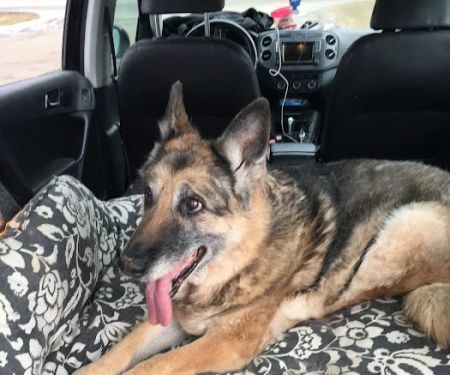 Healing Paws House Calls Llc5.0 (11 reviews)
Healing Paws House Calls Llc5.0 (11 reviews)630 Beaver Meadow Rd, Marshfield, VT 05658, USA
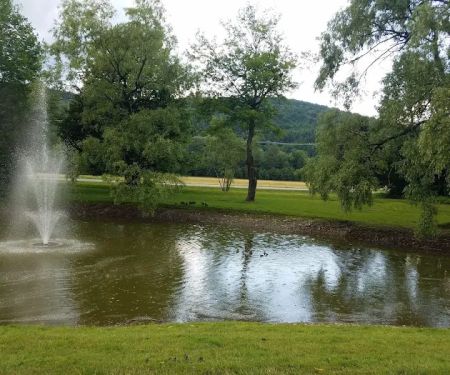 Valley Animal Hospital4.0 (132 reviews)
Valley Animal Hospital4.0 (132 reviews)6969 Main St, Waitsfield, VT 05673, USA
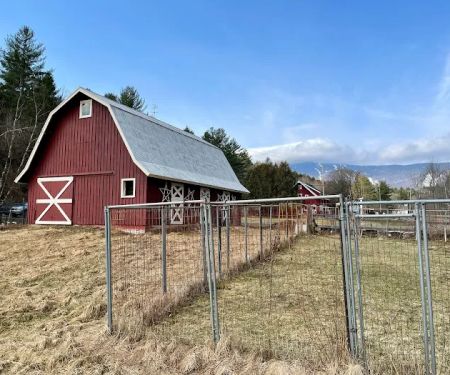 Mad River Veterinary Service4.0 (53 reviews)
Mad River Veterinary Service4.0 (53 reviews)637 Mill Brook Rd Bldg A, Waitsfield, VT 05673, USA
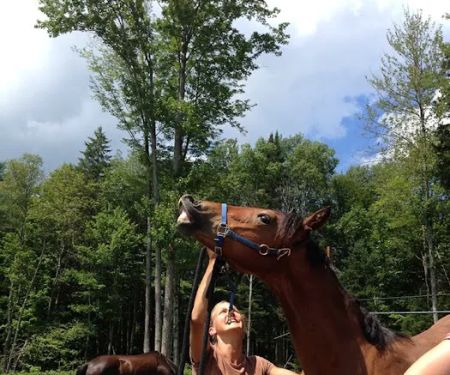 Bobbin Mill Veterinary Services5.0 (6 reviews)
Bobbin Mill Veterinary Services5.0 (6 reviews)209 Bobbin Mill Rd, Warren, VT 05674, USA
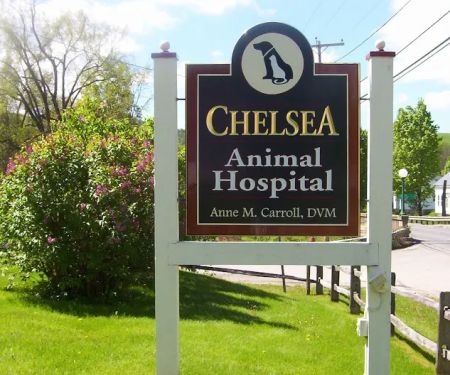 Chelsea Animal Hospital4.0 (40 reviews)
Chelsea Animal Hospital4.0 (40 reviews)276 VT-110, Chelsea, VT 05038, USA
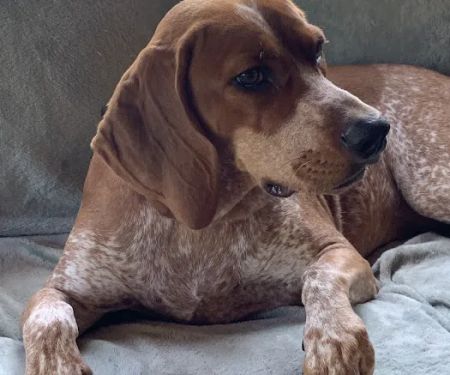 Richmond Animal Hospital4.0 (79 reviews)
Richmond Animal Hospital4.0 (79 reviews)233 E Main St, Richmond, VT 05477, USA
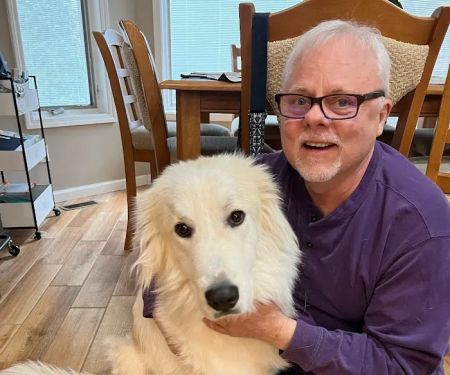 Lamoille Valley Veterinary Services4.0 (105 reviews)
Lamoille Valley Veterinary Services4.0 (105 reviews)278 VT-15 E, Hyde Park, VT 05655, USA
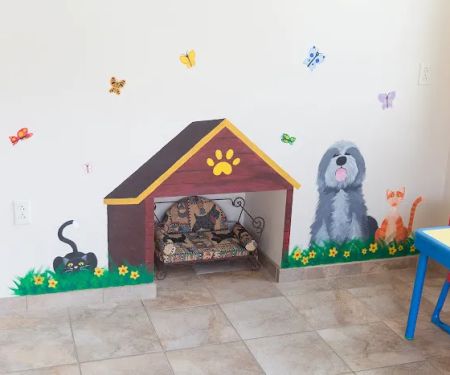 Bristol Animal Hospital4.0 (168 reviews)
Bristol Animal Hospital4.0 (168 reviews)167 Monkton Rd, Bristol, VT 05443, USA
Categories
Top Visited Sites
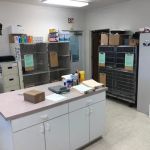 New Ross Veterinary Services4.0 (176 reviews)
New Ross Veterinary Services4.0 (176 reviews)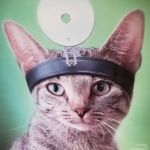 Lincolnwood Animal Hospital4.0 (18 reviews)
Lincolnwood Animal Hospital4.0 (18 reviews)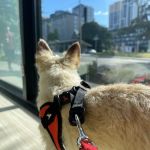 Pacific City Veterinary Care4.0 (88 reviews)
Pacific City Veterinary Care4.0 (88 reviews) Kirkwood Veterinary Hospital4.0 (394 reviews)
Kirkwood Veterinary Hospital4.0 (394 reviews) Day Road Animal Hospital4.0 (70 reviews)
Day Road Animal Hospital4.0 (70 reviews)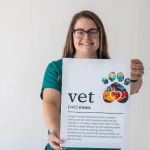 Healing Paws Veterinary Center5.0 (54 reviews)
Healing Paws Veterinary Center5.0 (54 reviews)Top Pet Stores Searches
Trending Pet Health & Care Blog Posts
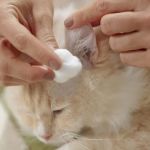 How to Clean Your Cat’s Ears Safely at Home | Simple Tips and Advice
How to Clean Your Cat’s Ears Safely at Home | Simple Tips and Advice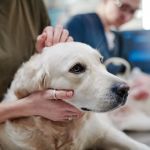 How to Spot Early Signs of Cancer in Pets and What to Do Next
How to Spot Early Signs of Cancer in Pets and What to Do Next How to Spot and Treat Stress-Related Symptoms in Pets
How to Spot and Treat Stress-Related Symptoms in Pets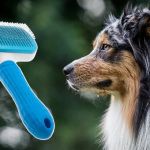 Dog Grooming Tips for Maintaining a Healthy Coat | Brothers Pets
Dog Grooming Tips for Maintaining a Healthy Coat | Brothers Pets Tips for Reducing Shedding in Long-Haired Dogs | Grooming Advice
Tips for Reducing Shedding in Long-Haired Dogs | Grooming Advice Best Methods for Crate Training a Puppy Successfully: Tips and Techniques
Best Methods for Crate Training a Puppy Successfully: Tips and Techniques